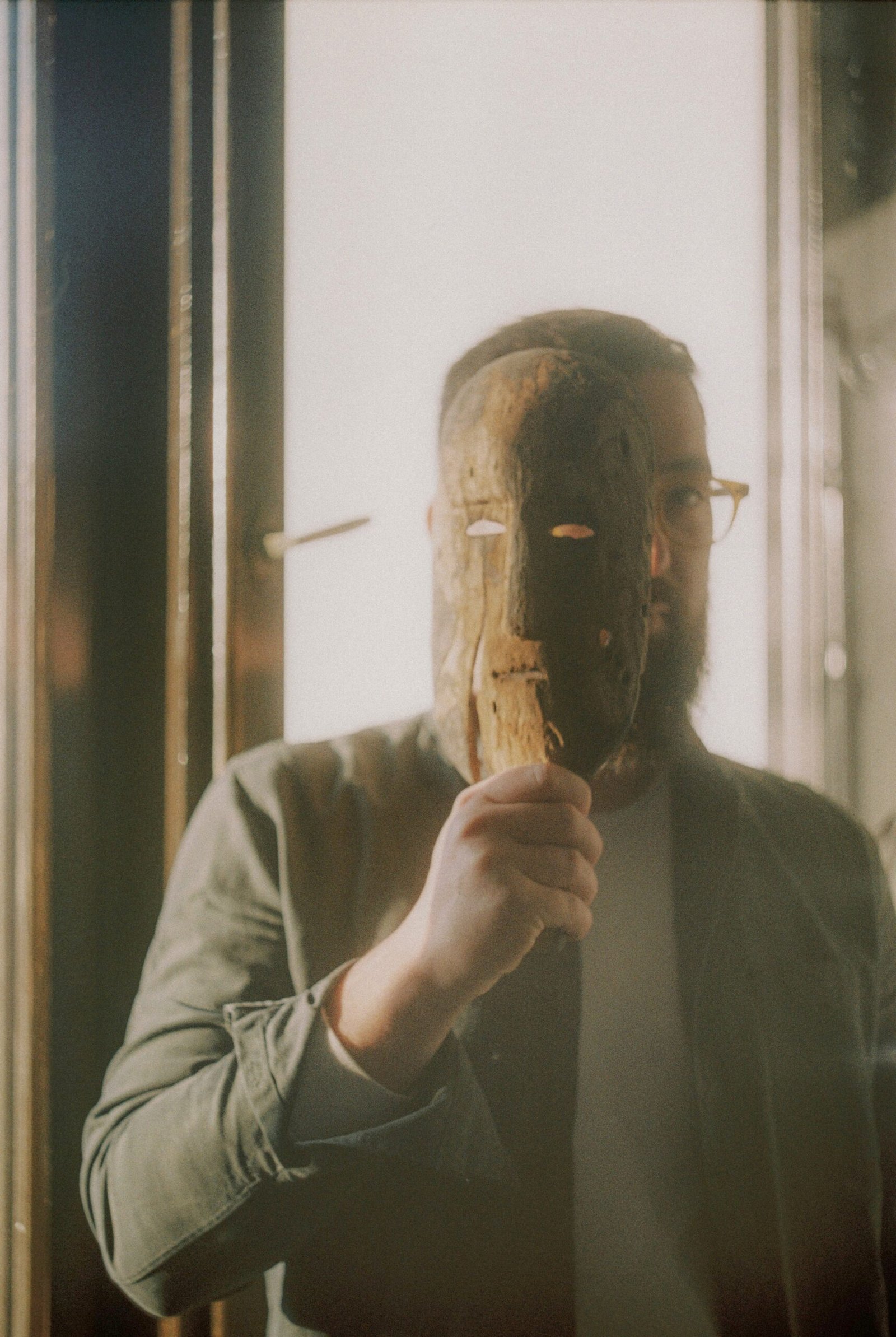Understanding Social Anxiety Disorder: Top 10 Ways to Overcome and Thrive
Social Anxiety Disorder (SAD), also known as social phobia, is a common mental health condition that affects millions of people worldwide. It is characterized by an intense fear of social situations, leading to avoidance and distress. If left untreated, SAD can significantly impact an individual’s quality of life, relationships, and overall well-being.
Are you tired of feeling anxious and isolated in social settings? Do you long to break free from the chains of social anxiety and live a fulfilling life? In this blog post, we will explore the top 10 ways to overcome social anxiety and thrive. Whether you’re seeking practical strategies, the latest news on treatment options, or simply a better understanding of this condition, you’ve come to the right place.
1. Seek Professional Help
If you suspect that you may have social anxiety disorder, it is crucial to consult with a mental health professional. A qualified therapist or counselor can provide an accurate diagnosis and create a personalized treatment plan tailored to your specific needs. They may suggest various therapeutic approaches, such as cognitive-behavioral therapy (CBT) or exposure therapy, to help you manage and overcome your social anxiety.
2. Practice Mindfulness and Relaxation Techniques
Mindfulness and relaxation techniques, such as deep breathing exercises and meditation, can be powerful tools in reducing anxiety symptoms. By focusing on the present moment and calming your mind, you can learn to manage stress and anxiety more effectively. Incorporating these practices into your daily routine can help you cultivate a sense of inner peace and resilience.
3. Challenge Negative Thoughts
Social anxiety often stems from negative thoughts and self-doubt. Learning to identify and challenge these thoughts can be transformative. Replace self-critical thoughts with positive affirmations and realistic perspectives. Remember, you are not defined by your anxiety, and you have the power to reshape your mindset.
4. Gradual Exposure to Social Situations
One of the most effective ways to overcome social anxiety is through gradual exposure to feared social situations. Start small by engaging in activities that make you slightly uncomfortable, and gradually work your way up to more challenging situations. By exposing yourself to these situations in a controlled and supportive environment, you can desensitize yourself to the anxiety triggers and build confidence.
5. Build a Support Network
Surrounding yourself with a supportive network of friends, family, or support groups can make a significant difference in your journey towards overcoming social anxiety. Seek out individuals who understand and empathize with your struggles, as they can provide encouragement, guidance, and a safe space for you to share your experiences.
6. Take Care of Your Physical Health
Physical and mental health are closely intertwined. Engaging in regular exercise, maintaining a balanced diet, and getting enough sleep can help regulate your mood and reduce anxiety symptoms. Prioritize self-care activities that promote overall well-being, such as yoga, journaling, or engaging in hobbies you enjoy.
7. Challenge Yourself and Set Realistic Goals
Stepping outside of your comfort zone can be intimidating, but it is essential for personal growth and overcoming social anxiety. Set realistic goals that push you slightly beyond your current limitations. Celebrate each small victory along the way, as these milestones will build your confidence and reinforce your ability to thrive in social situations.
8. Stay Informed About Treatment Options
Stay up-to-date with the latest news and research on social anxiety disorder and its treatment options. New therapies, medications, and techniques are continuously being developed, offering hope and improved outcomes for individuals with SAD. Discuss any new findings with your mental health professional to explore additional avenues for treatment.
9. Practice Self-Compassion
Be kind to yourself throughout your journey of overcoming social anxiety. Remember that progress takes time, and setbacks are a natural part of the process. Treat yourself with the same compassion and understanding that you would extend to a loved one facing similar challenges.
10. Celebrate Your Progress
As you navigate the path to overcoming social anxiety, take time to acknowledge and celebrate your progress. Each step forward, no matter how small, is a testament to your strength and resilience. By recognizing your achievements, you will cultivate a positive mindset and fuel your motivation to continue thriving.
FAQs
Q: Can social anxiety disorder be cured?
A: While social anxiety disorder cannot be completely cured, it can be effectively managed and significantly reduced through various therapeutic interventions and lifestyle changes.
Q: Is medication necessary for treating social anxiety disorder?
A: Medication can be an effective tool in managing social anxiety disorder, especially when combined with therapy. Consult with a psychiatrist to determine if medication is appropriate for your specific situation.
Q: Can social anxiety disorder develop later in life?
A: Yes, social anxiety disorder can develop at any age. It may arise in response to specific life events or gradually over time.
Q: Can social anxiety disorder affect relationships?
A: Social anxiety disorder can have a significant impact on relationships, as it may lead to avoidance of social gatherings, difficulty expressing oneself, and a fear of being judged or rejected.
Q: Is it possible to overcome social anxiety disorder without professional help?
A: While it is possible to make progress on your own, seeking professional help greatly increases your chances of successfully managing and overcoming social anxiety disorder.
Q: How long does it take to overcome social anxiety disorder?
A: The duration of overcoming social anxiety disorder varies from person to person. It depends on factors such as the severity of the condition, individual progress, and the effectiveness of treatment strategies.
Q: Can social anxiety disorder coexist with other mental health conditions?
A: Yes, social anxiety disorder often coexists with other mental health conditions, such as depression or generalized anxiety disorder. It is essential to address all underlying conditions for comprehensive treatment.
Q: Are there any natural remedies for social anxiety disorder?
A: While natural remedies, such as herbal supplements or relaxation techniques, may provide temporary relief, they should not replace professional treatment. Always consult with a healthcare professional before trying any natural remedies.
Q: Can social anxiety disorder affect academic or professional performance?
A: Yes, social anxiety disorder can significantly impact academic or professional performance, leading to difficulties in public speaking, participating in group activities, or networking.
Q: How can I support a loved one with social anxiety disorder?
A: Offer empathy, understanding, and patience to your loved one with social anxiety disorder. Encourage them to seek professional help and provide a supportive environment where they feel safe to express their feelings and fears.
Tips:
- Practice deep breathing exercises before and during social situations to help calm your anxiety.
- Challenge negative thoughts by asking yourself if there is evidence to support them.
- Join a social anxiety support group to connect with others who understand your experiences.
- Engage in regular physical exercise to reduce stress and boost your mood.
- Set realistic goals for yourself and celebrate your achievements along the way.
In conclusion, social anxiety disorder can be challenging, but it is not insurmountable. By seeking professional help, practicing self-care, and gradually exposing yourself to social situations, you can overcome social anxiety and thrive. Remember, you are not alone in this journey. Reach out for support, celebrate your progress, and embrace a life free from the chains of social anxiety. Take the first step today and reclaim your life.
Do you know someone who could benefit from this information? Share this blog post with them and help spread awareness about social anxiety disorder. Together, we can create a world that understands and supports individuals with SAD.
Note: The information provided in this blog post is for educational purposes only and should not replace professional medical advice. If you or someone you know is experiencing severe distress or exhibiting suicidal thoughts, please seek immediate help from a mental health professional or call emergency services.









